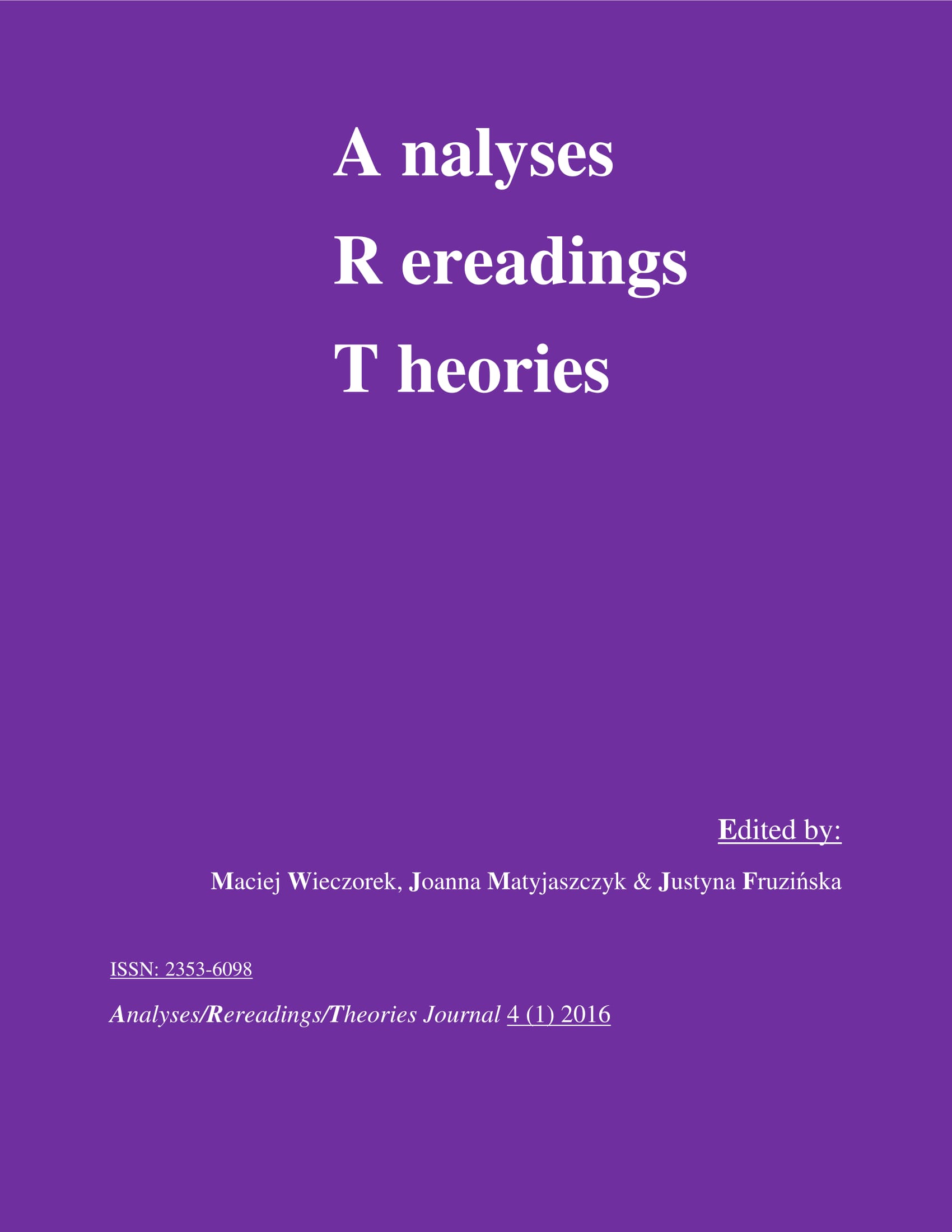Communality and the Individual in Cormac McCarthy’s The Road
Communality and the Individual in Cormac McCarthy’s The Road
Author(s): Jędrzej TazbirSubject(s): Other Language Literature
Published by: Wydawnictwo Uniwersytetu Łódzkiego
Keywords: apostapocalypse;hospitality;the other;individual;American literature;
Summary/Abstract: The subject of the article is the analysis of the notion of communality in the relation between the two protagonists of The Road by Cormac McCarthy. Traversing the post-apocalyptic landscape populated mostly by wretched savages harbouring ill intent towards other human beings, the heroes ostensibly seek a place where establishing a sustainable society composed of the “good guys” can still be possible. However, while for the young son this goal implies the necessity of maintaining a sense of openness and hospitality towards the other, for the father it is the matter of day-to-day survival that takes precedence, which leads to repeated instances of withdrawing help from destitute survivors and avoiding human contact. The boy objects to this behavior, despite being wholly dependent on his father, as his sense of responsibility seems innate and unconditional. The man, on the other hand, gradually recognizes that he was so profoundly afflicted by the experience of losing his world that he cannot overcome his radical pessimism and distrust of the other. Therefore, when the man arrives at the end of his life, he comes to understand that it is only without him at his side that the son can enter a larger community.
Journal: Analyses/Rerearings/Theories (A/R/T) Journal
- Issue Year: 4/2016
- Issue No: 1
- Page Range: 53-60
- Page Count: 8
- Language: English

